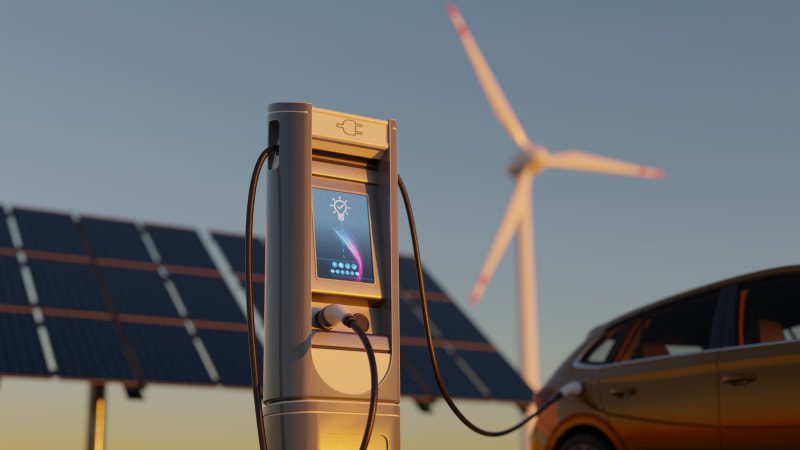Which is cheaper to fuel, a gasoline car or an EV? Washington Post takes a deep dive

Red or black? Draw or stand pat? Electric or gasoline?
So many choices. To ease some of the mental strain that may afflict new car buyers, The Washington Post has a piece titled “Is it cheaper to refuel your EV battery or gas tank? We did the math in all 50 states.” A long title, and a long piece filled with useful information.
It takes hundreds of words to explain the challenges posed by the choices. The piece is filled with facts, and author Michael Coren — he’s identified as the Post’s “climate advice columnist” — also offers some opinion.
We’ll cut to the chase, which we found deep in the piece. Coren asserts, “We may never agree on what it costs to refuel an electric vehicle.”
Then he continues, “That may not matter. For the everyday driver in the United States, it’s already cheaper to refuel an EV most of the time, and it’s expected to get cheaper as renewable capacity expands and vehicle efficiency improves.”
Coren embarks on a couple of hypothetical road trips to make his case about whether it costs more to recharge or refuel this summer. He notes average prices of a gallon of gas, but measuring electricity is more “tricky … rates not only vary by state, but by the time of day and even the outlet. EV owners may plug in at home or work and then pay a premium to fast-charge on the road.’
He details a make-believe trip to Disneyland from San Francisco, a 408-mile journey in a Ford F-150 and its electric counterpart, the Lightning.
“The winner? The EV — barely,” he writes. “The savings were modest because of the substantial premium for using fast chargers, typically three to four times more expensive than charging at home. In a Lightning, I arrived at the park with $14 more in my pocket than if I had driven its gasoline counterpart.”
The story sets up the usual argument posed by many who believe that the high cost of electricity mitigates the savings promised by EVs. The writer points out that “just calculating the cost of gasoline vs. electricity is misleading. Prices vary by charger (and state). Everyone charges differently. Road taxes, rebates and battery efficiency all affect the final calculation.’’
That notwithstanding, Coren calculates that at the end of the day, “in all 50 states, it’s cheaper for the everyday American to fill up with electrons — and much cheaper in some regions such as the Pacific Northwest, with low electricity rates and high gas prices.”
But he says EVs even have the edge even where electricity costs more and gas costs less.
Particularly when you charge at home.
Overall, we’ll give props to the piece for its attempts to cover a myriad of issues and arguments in a single swipe. A wise reader will realize that the EV-vs-gas debate is far from finished.
The full article can be found here.



